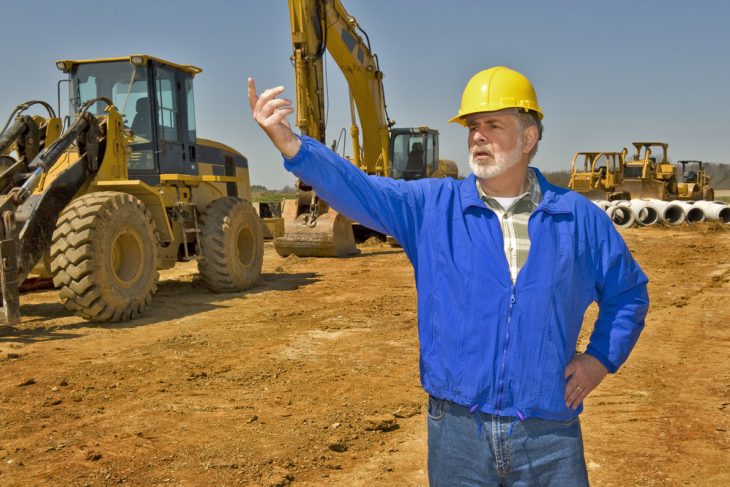
 |
|---|
| Throughout the metropolitan Chicago area, homeowners are plagued with chronic flooding throughout the summer months. In 2014, the city’s storm water management system was almost always overwhelmed by an increasing number of heavy rainstorms.
In order to help residents better prepare for these severe seasonal floods, the League of Women Voters of Evanston and Skokie recently initiated a program at the Skokie Public Library, entitled “Storm Water From the Ground Up.” “We have a problem. With climate change, what’s projected for the Midwest is more frequent, intense rainstorms,” Krista Grimm, vice president of the League of Women Voters in the Lake Michigan region, said at the April 12 program. Grimm has given this talk on flood awareness more than 20 times throughout Illinois. According to the Chicago Tribune, climatologists are predicting that rainfall will only continue to intensify throughout the region as climate change’s effects become more apparent, meaning Chicago will continue to see rampant flooding in future decades. When it costs anywhere from $3,000 to $5,000 to remediate the damage that a basement flood can do to one’s home, Grimm advised Chicago’s homeowners to take proactive steps like disconnecting downspouts, planting trees, and using rain barrels and cisterns to keep water out of basements. In addition to educating residents about flood awareness, the city also recently allotted $55 million toward a new pipeline that will help relieve flood waters throughout the Albany Park neighborhood. According to the Chicago Sun Times, the underground pipeline’s construction began in February and will continue throughout the spring. The project is a response to growing complaints from Albany Park residents, who have dealt with “storm of the century”-esque flooding twice in the last few years. “We need to make sure the residents of Albany Park every three or four years do not have to clear out their basements because everything is destroyed in a flood,” Mayor Rahm Emanuel said in a statement. As Chicago continues to become one of the hardest-hit flood locations in the Midwest, its residents will need to keep adapting to seasonal torrential rainfall — or pay for the consequences. |













